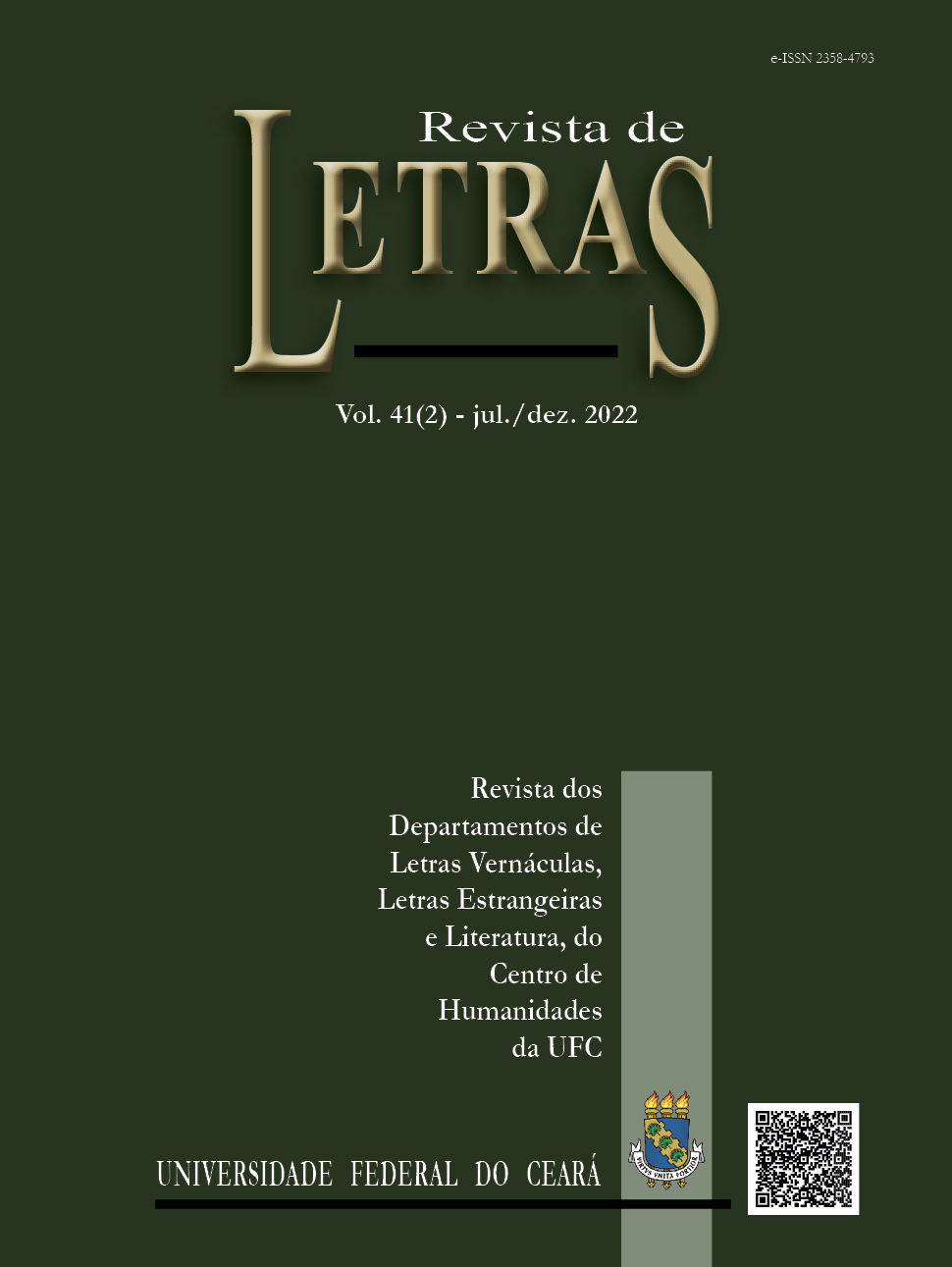GENRES DIDACTIC SEQUENCES IN THE CONTEXT OF MASTER'S RESEARCH IN LETTERS
CONTRIBUTIONS TO TEACHER TRAINING AND LANGUAGE TEACHING
DOI:
https://doi.org/10.36517/revletras.41.2.7Abstract
This article aims to describe and present the results of two studies which focus on didactic sequences, in the light of the studies of Joaquim Dolz and Shneuwly, as a relevant methodological proposal for the teaching of textual genres. The research, of an interventionist nature, was developed within the scope of the Professional Master's Degree - PROFLETRAS, at the State University of Paraíba (UEPB), Campus III, and the Institutional Master's Degree in the Postgraduate Program in Language and Teaching (PPGLE), at the Federal University of Campina Grande (UFCG). This qualitative research is linked to the field of Applied Linguistics and based on the studies of Sociodiscursive Interactionism. The results indicate that, through the researchers’ training processes, the research subjects, who are teachers of Basic Education, started to consider the didactic sequence as a methodological tool for native language teaching, placing an emphasis on language capacities, such as production context and linguistic-discursive aspects, in the proposals of text production of a certain genre.
Downloads
Downloads
Published
How to Cite
Issue
Section
License
Autores que publicam nesta revista concordam com os seguintes termos:- Autores mantêm os direitos autorais e concedem à revista o direito de primeira publicação, com o trabalho simultaneamente licenciado sob a Licença Creative Commons Attribution que permite o compartilhamento do trabalho com reconhecimento da autoria e publicação inicial nesta revista.
- Autores têm autorização para assumir contratos adicionais separadamente, para distribuição não-exclusiva da versão do trabalho publicada nesta revista (ex.: publicar em repositório institucional ou como capítulo de livro), com reconhecimento de autoria e publicação inicial nesta revista.
- Autores têm permissão e são estimulados a publicar e distribuir seu trabalho online (ex.: em repositórios institucionais ou na sua página pessoal) a qualquer ponto antes ou durante o processo editorial, já que isso pode gerar alterações produtivas, bem como aumentar o impacto e a citação do trabalho publicado (Veja O Efeito do Acesso Livre).

.png)





.png)
